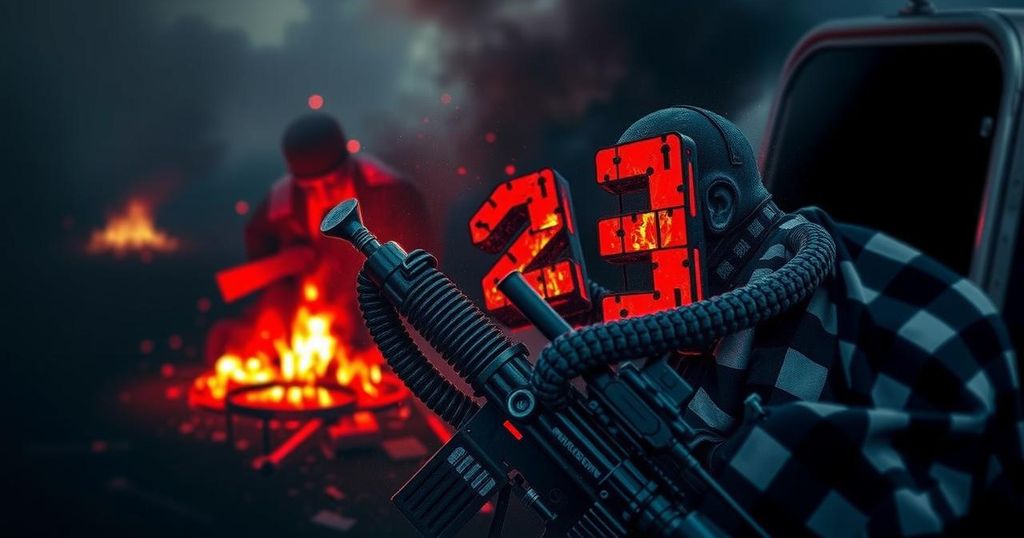Tensions Escalate in Mozambique Following Assassination of Opposition Figures
Tensions have surged in Mozambique following the assassination of two political activists linked to opposition candidate Venâncio Mondlane, amidst allegations of election fraud following the contested presidential election on October 9. The killings have raised concerns about political stability and the safety of dissenting voices in the nation as Mondlane calls for protest against the seemingly rigged electoral process.
Tensions have escalated significantly in Mozambique following the fatal shooting of two political figures associated with the leading opposition candidate, Venâncio Mondlane. The incident occurred late Friday night, exacerbating a precarious situation in a nation already experiencing unrest due to the recent presidential election tainted by allegations of election fraud. Elvino Dias, a legal advisor and key party official for Mondlane, was reportedly preparing to contest the election results in court, focusing on numerous claims of irregularities that favored the ruling party candidate, Daniel Chapo of Frelimo, which has held power since Mozambique’s independence nearly five decades ago. Despite the absence of official results at this stage, preliminary tallies indicate a significant lead for Chapo. Leading up to the shooting, Mondlane, who has garnered considerable support among a disenchanted youth demographic, had accused the government of election mischief and called for public protests. Furthermore, a strike was organized by his party, Podemos, with Mr. Dias playing a pivotal role in its execution. The killings occurred during an armed ambush on Paulo Guambe, another high-ranking official within Podemos, alongside Mr. Dias, while they were traveling in Maputo. This violent act has intensified fears regarding political stability in Mozambique as the nation navigates through its electoral aftermath.
The political atmosphere in Mozambique has become increasingly volatile following the recent presidential election held on October 9, where widespread reports of electoral fraud and manipulation overshadowed the electoral process. The ruling party, Frelimo, has been in power since the country’s independence in 1975, and the recent rise of opposition figures like Venâncio Mondlane has ignited hope among many citizens, particularly the youth, who are eager for political change. The involvement of key political activists in the election process raises significant concerns related to their safety and the potential for further violence. The recent assassination of two prominent opposition figures serves as a tragic illustration of these tensions and the dire implications for Mozambique’s democratic processes.
In summary, the assassination of Elvino Dias and Paulo Guambe has amplified existing tensions in Mozambique stemming from the recent contentious presidential election. Accusations of electoral fraud have fueled protests led by the opposition, and these killings underscore the dangers faced by political activists in navigating an increasingly hostile political landscape. The unfolding events pose critical questions about the future of democratic governance in Mozambique and highlight the urgent need for an impartial investigation into the violence surrounding the election.
Original Source: www.nytimes.com




Post Comment